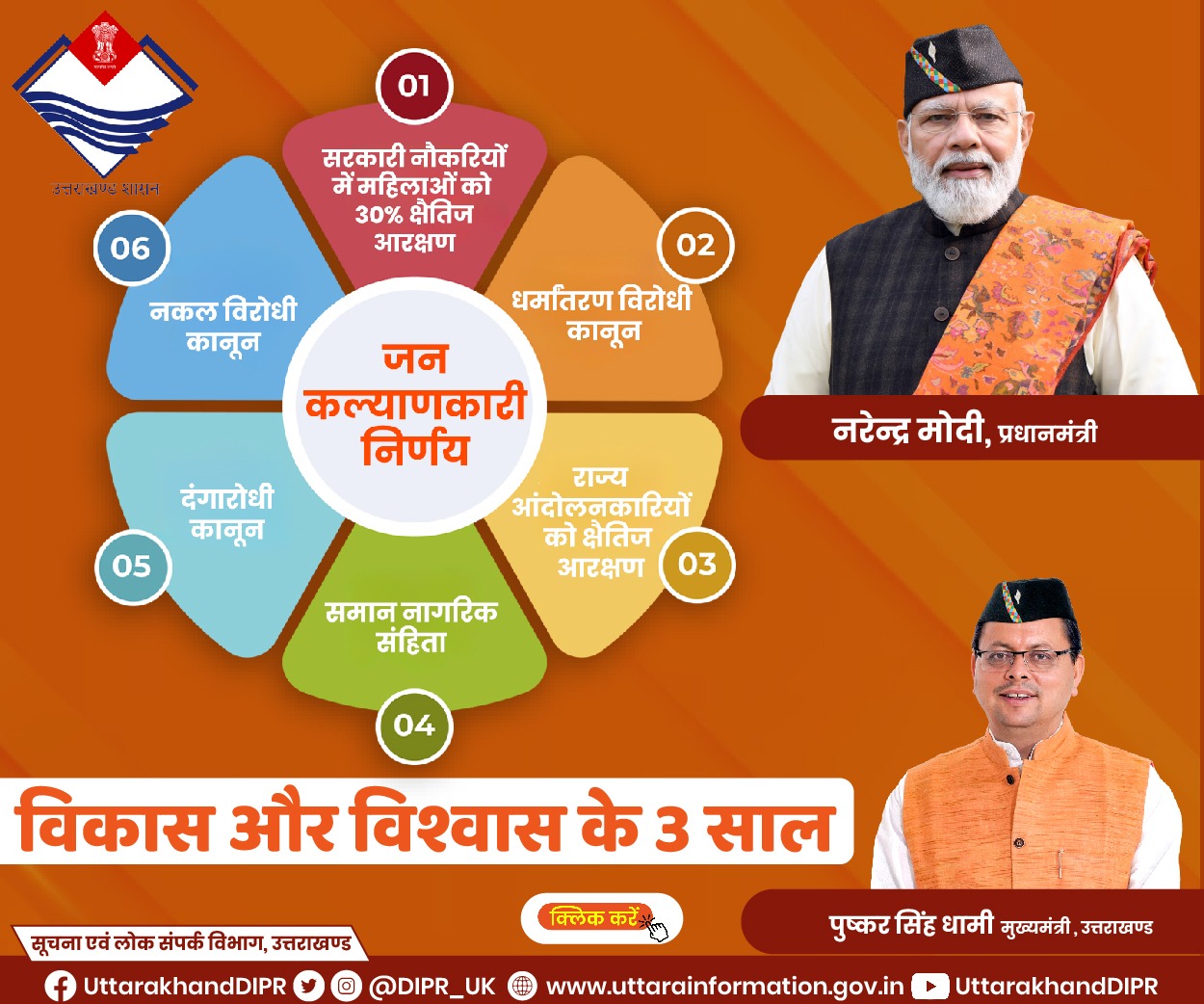According to a recent assessment by the Indian National Space Promotion and Authorization Centre (IN-SPACe), India is well positioned to attain a potential market size of $44 billion by 2033, or close to 8% of the worldwide share.
The report, which was released on October 10, 2023, provides a vision and plan for the Indian space industry over the next ten years. Since they are regarded as being more innovative and nimble than established businesses, startups are anticipated to play a significant part in this strategy.
The paper outlines several crucial fields where entrepreneurs might help the Indian space economy expand, including:
- Creating fresh space-based systems and applications
- delivering satellite launch services
- infrastructure for construction
- providing data and analytics services connected to space
A number of actions have already been done by IN-SPACe to entice startups to work in the space industry. For instance, it has formed a specific startup cell and started a number of projects and programs to help entrepreneurs.
Due to the fact that entrepreneurs are already beginning to have a sizable impact on the Indian space sector, the government’s support for startups is anticipated to pay off. A small satellite launch vehicle, for instance, is being developed by the firm Skyroot Aerospace and is planned to debut in 2023.
Numerous new jobs and opportunities are anticipated to be generated by the expansion of the Indian space economy. Additionally, it is anticipated to increase the GDP of the nation and make it a more desirable location for foreign investment.
Consequences for startups
For startups, the decadal vision and strategy for the Indian space industry offers a variety of options. The creation of novel space-based technologies and applications, the provision of launch and satellite services, the construction of space infrastructure, and the provision of space-related data and analytics services are all areas in which startups can play a significant role.
With IN-SPACe’s assistance, startups should find it simpler to succeed in the space industry. Additionally, it is anticipated that the government will offer startups financial aid and other forms of support.
A number of new jobs and startup opportunities are anticipated to be generated by the expansion of the Indian space industry. Startups are well-positioned to profit from this boom if they can create cutting-edge space-based technology and applications.



